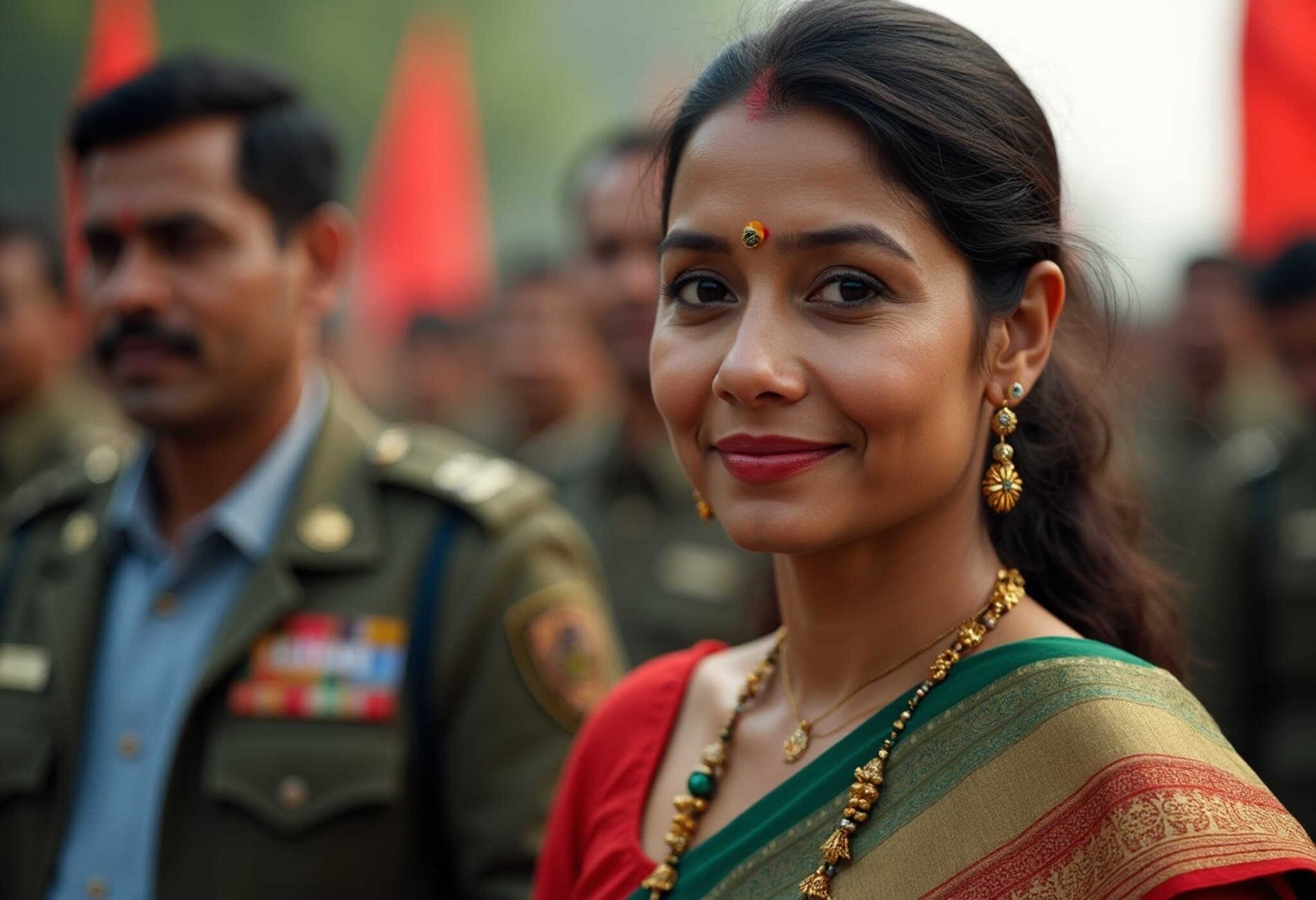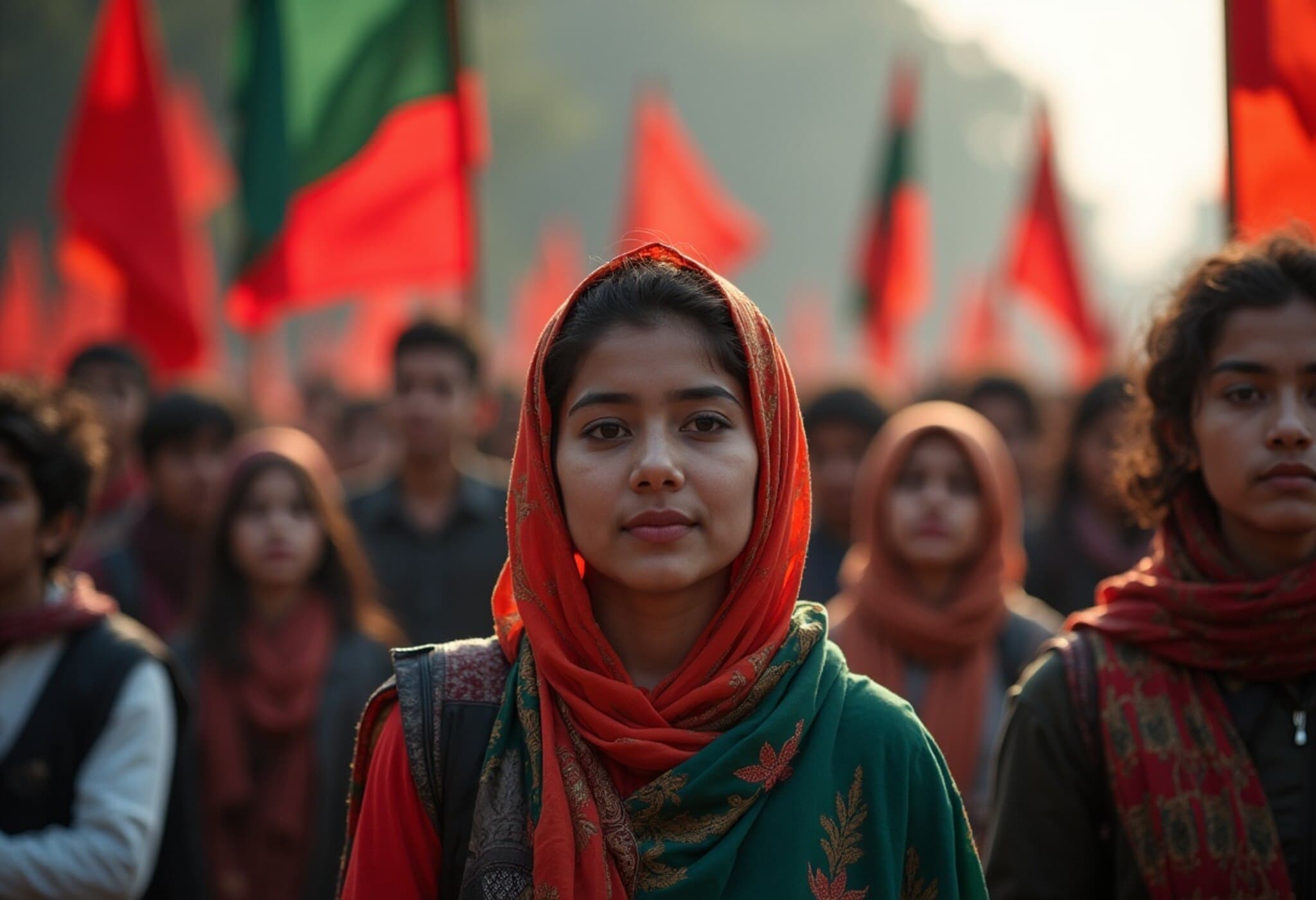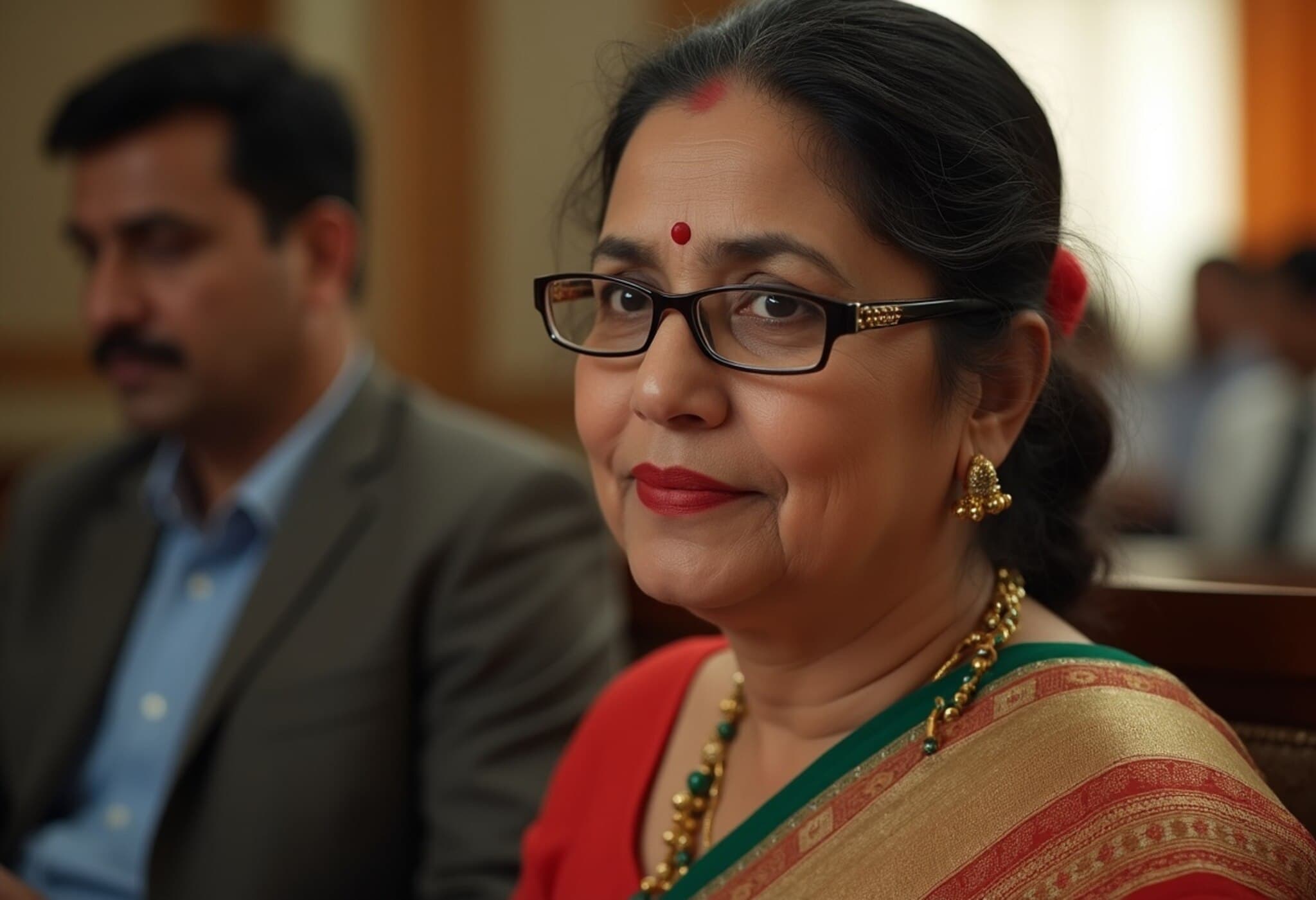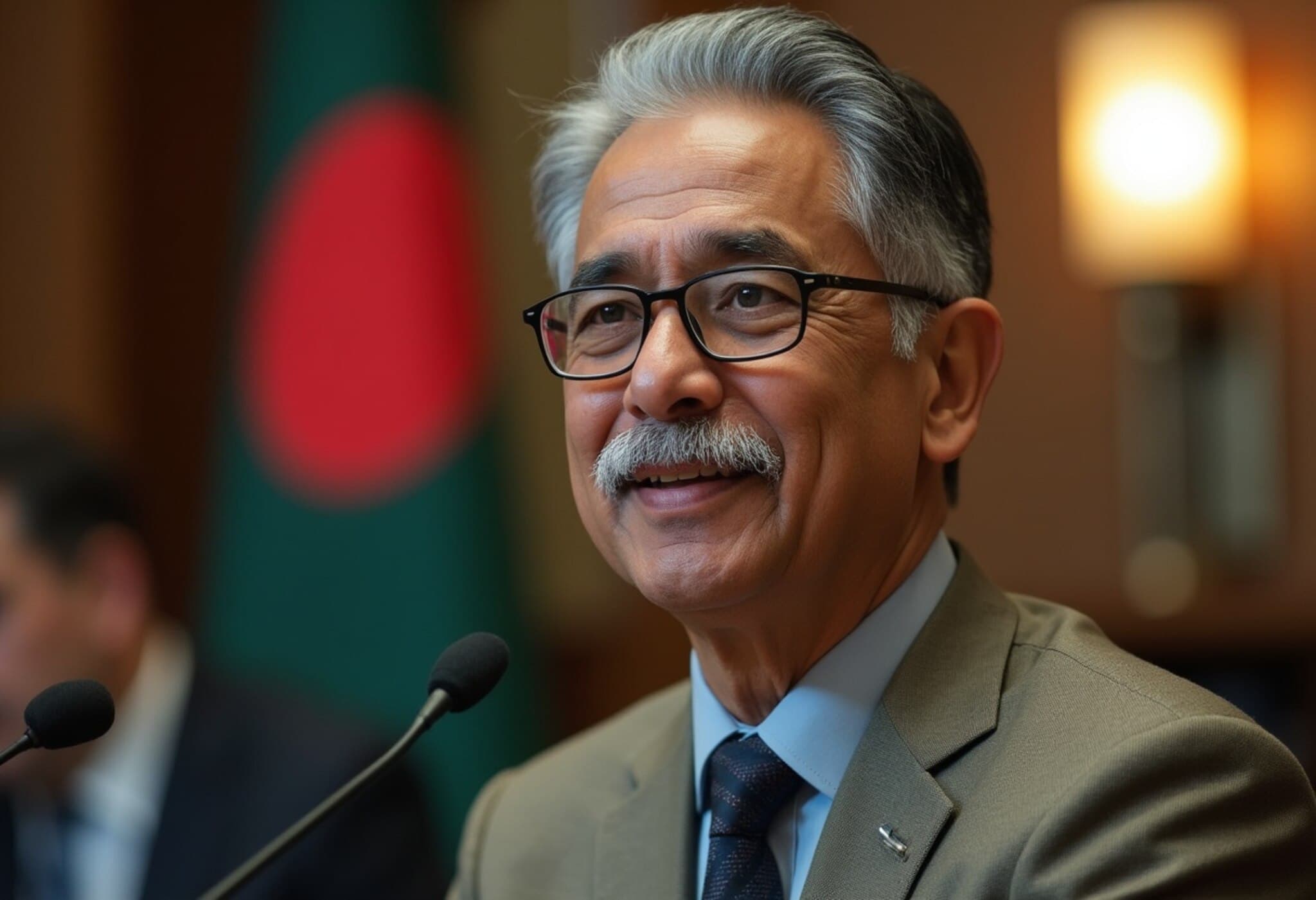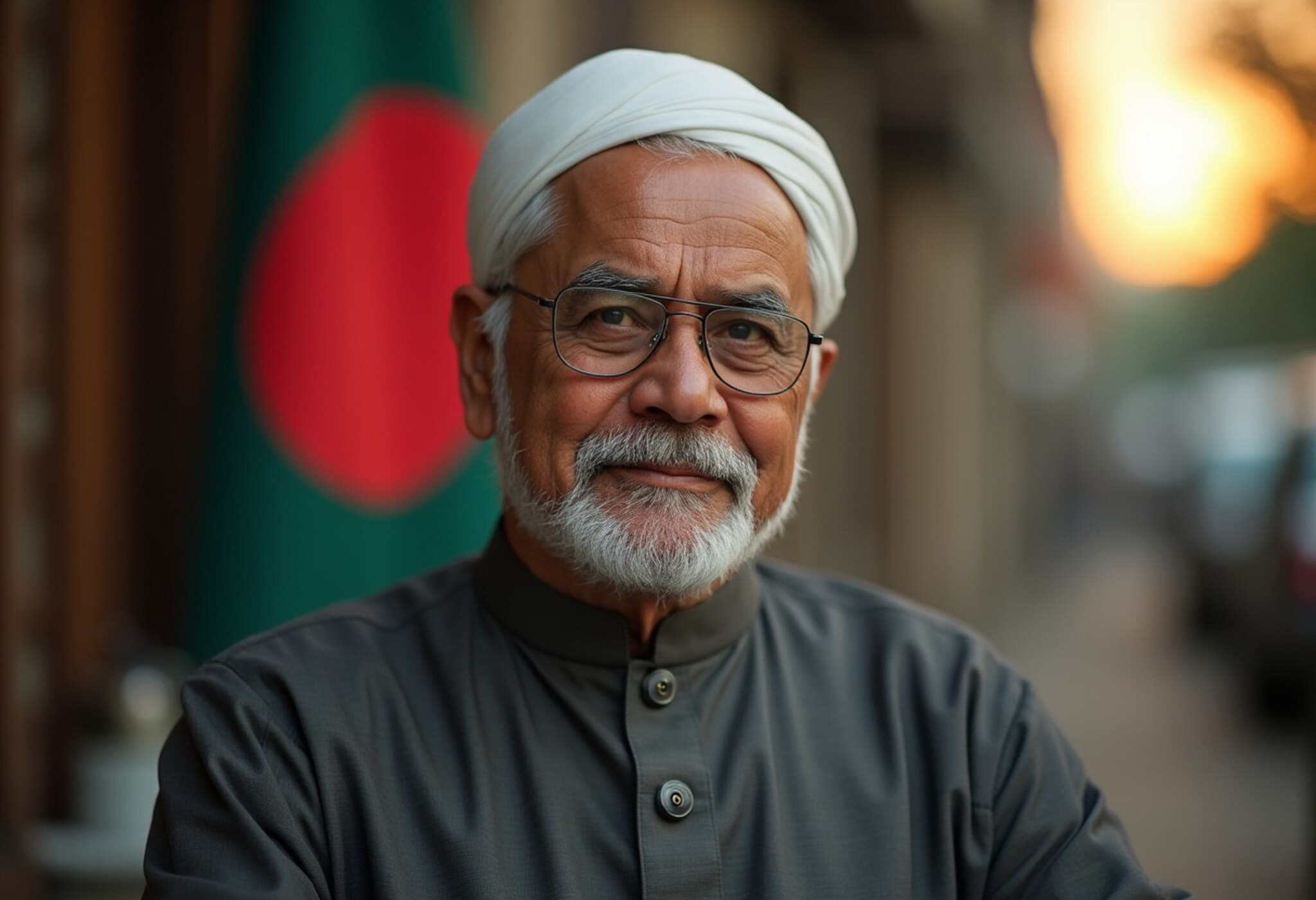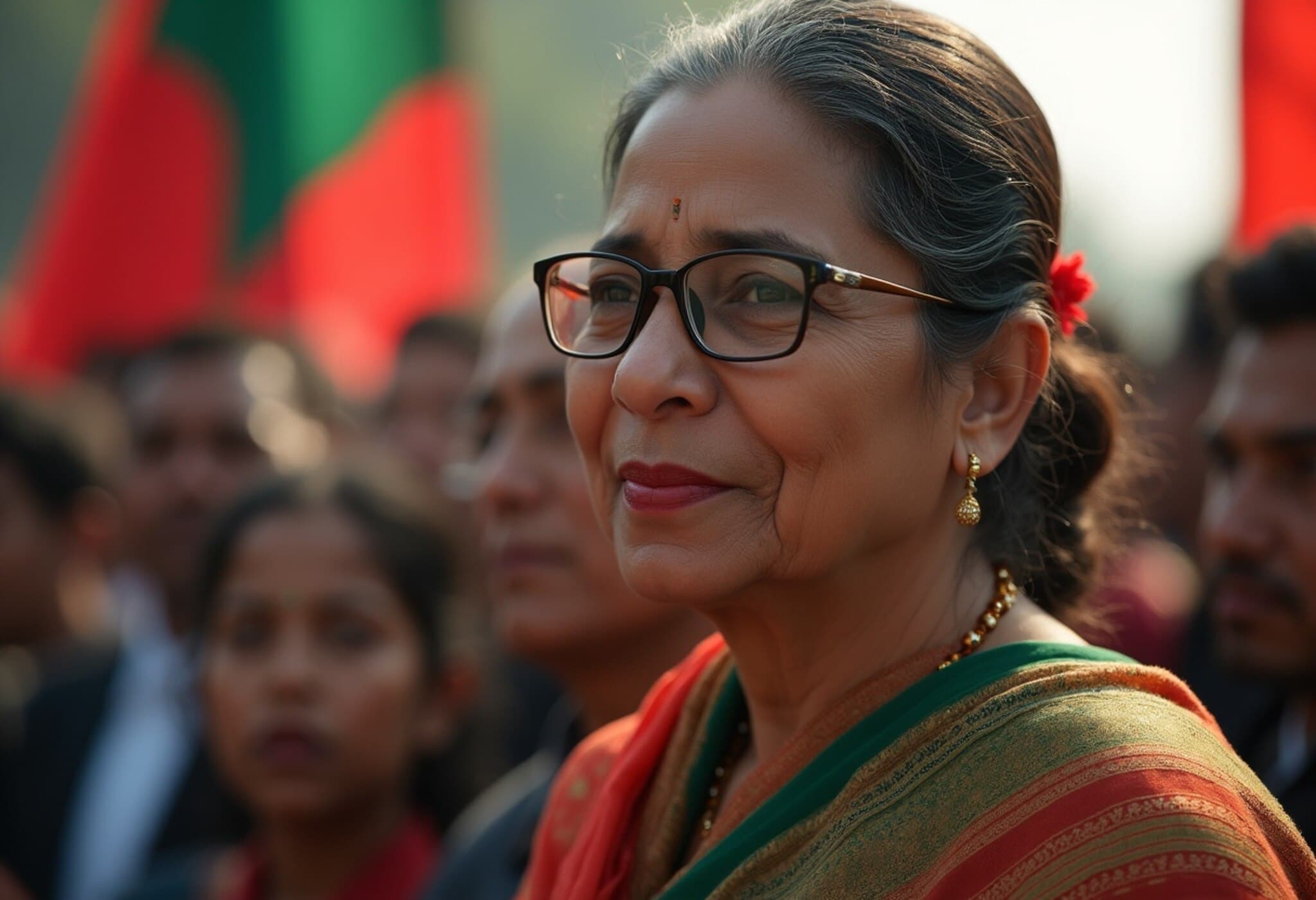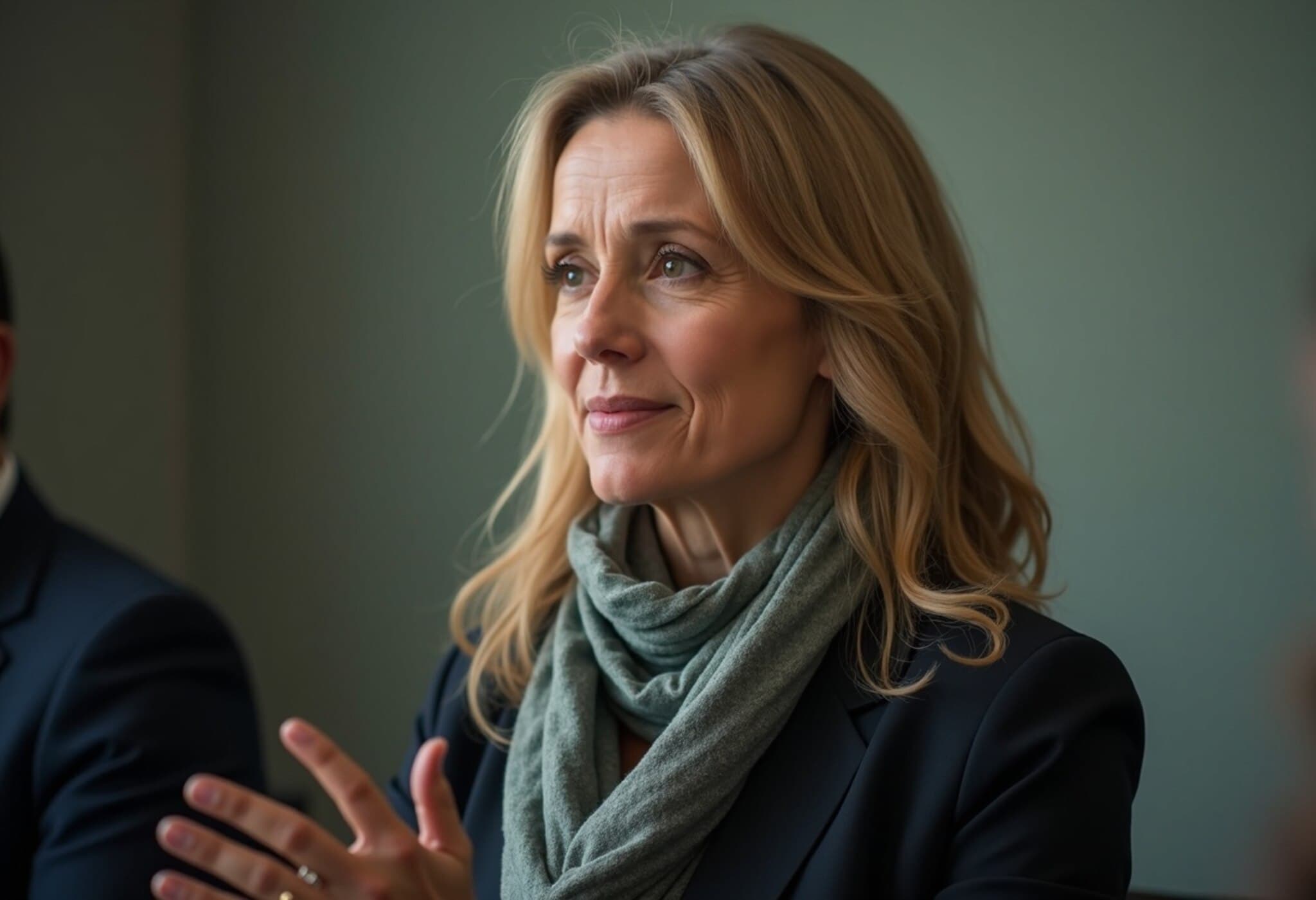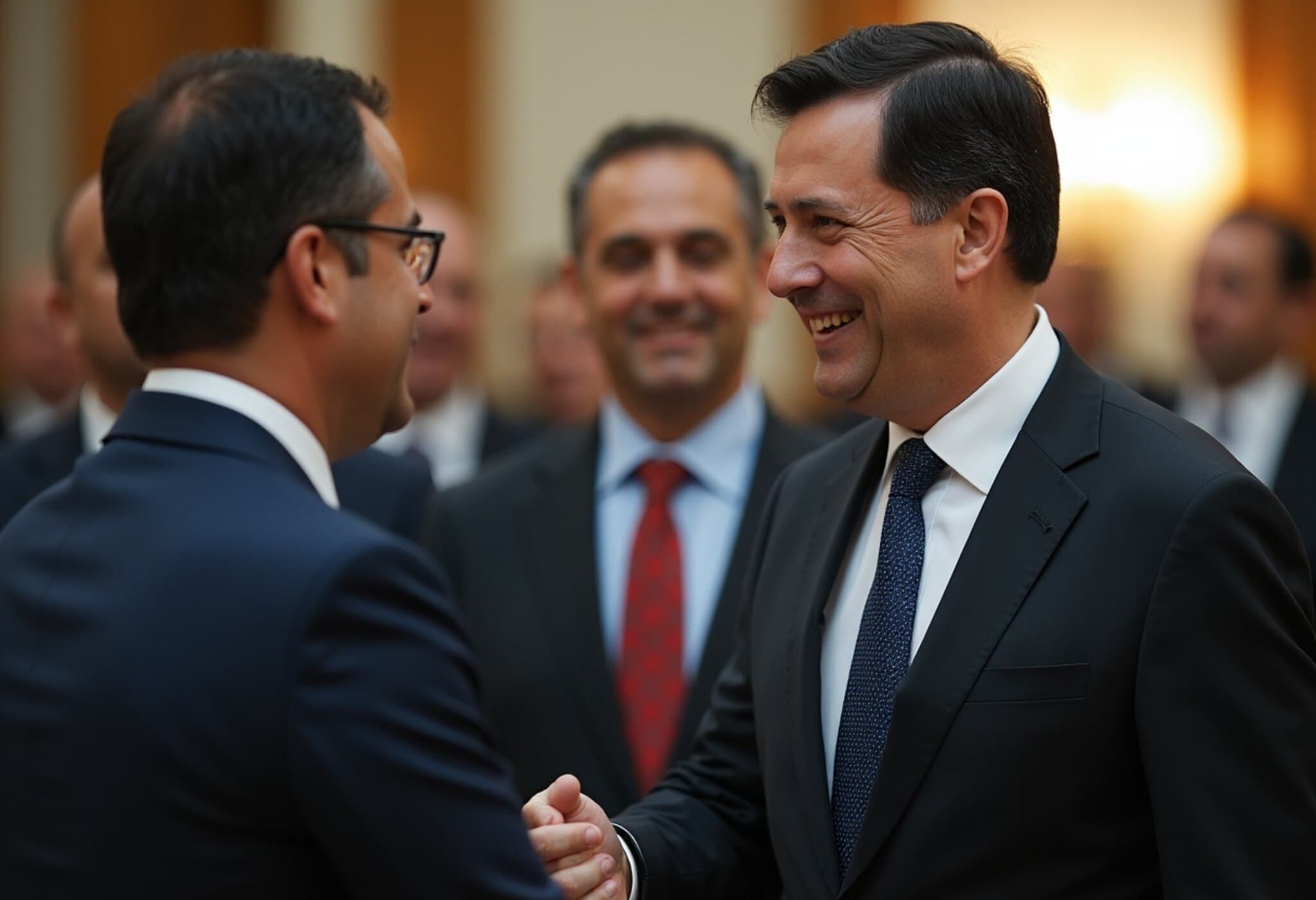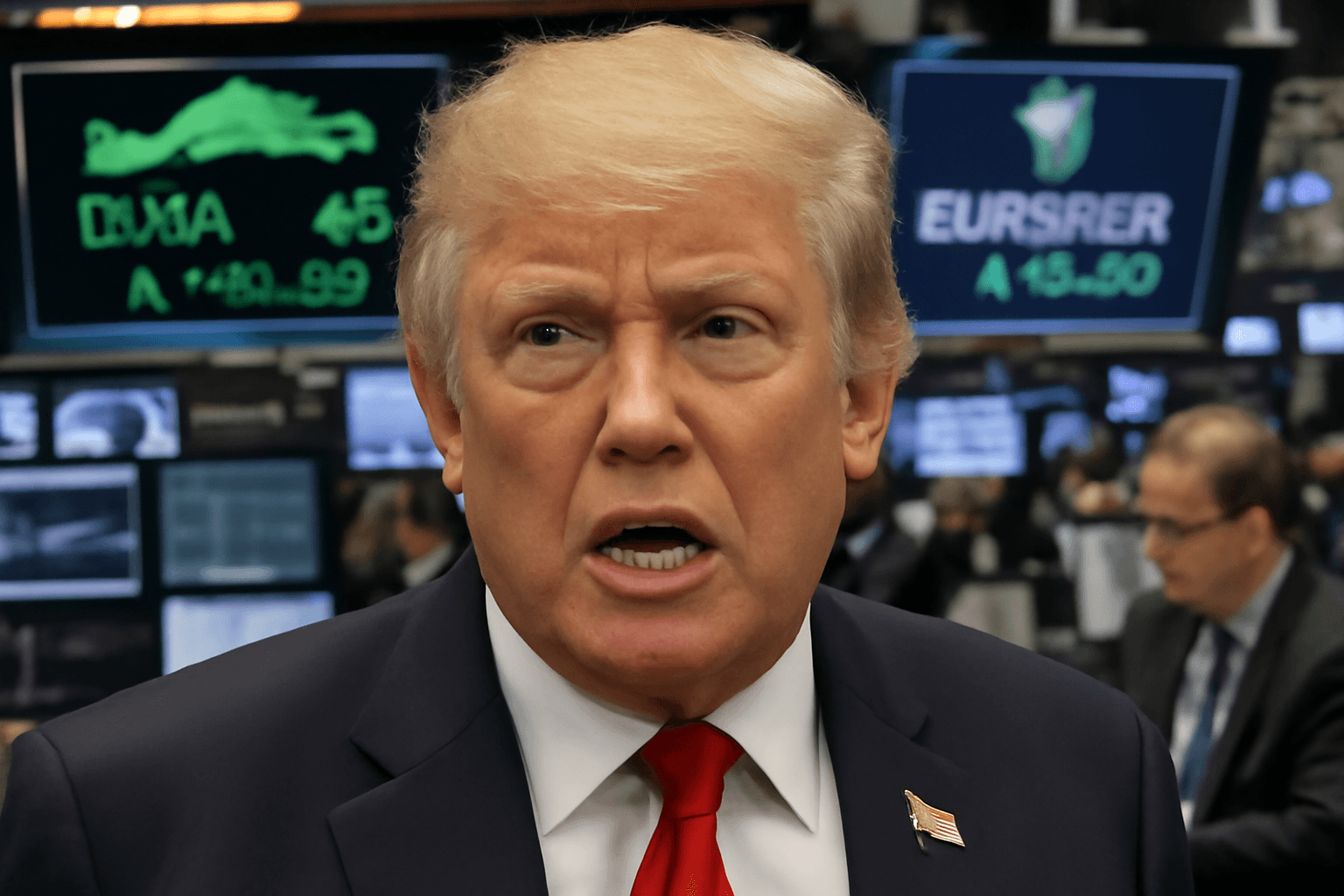Bangladesh Announces Parliamentary Elections for February 2026
In a significant development for South Asia’s political landscape, Bangladesh’s interim leader Muhammad Yunus officially announced on August 5, 2025, that parliamentary elections will be held in February 2026, just before the holy month of Ramadan. The announcement comes nearly a year after a student-led uprising toppled the long-serving former Prime Minister Sheikh Hasina, marking a pivotal moment in the nation’s democratic evolution.
Context: Political Upheaval and Uncertainty
The decision by Yunus, a Nobel Peace Prize laureate renowned for his pioneering work in microfinance, was broadcast during the anniversary of the revolt that unseated Hasina’s government. While Yunus expressed optimism that the spirit of the uprising will guide Bangladesh—and potentially the wider South Asian region—toward a more democratic and inclusive future, public sentiment remains fraught with frustration over ongoing political instability.
Sheikh Hasina, who led Bangladesh for a consecutive 15 years, was forced into exile in India following the August 2024 revolt. Her political party, the Awami League, the country’s dominant electoral force for decades, was banned amid charges—including crimes against humanity related to the unrest—but these actions have prompted sharp criticism both domestically and internationally.
The Election Date Debate
Initially, Yunus had favored holding elections in April 2026, aiming to provide ample preparation time. However, opposition parties such as the Bangladesh Nationalist Party (BNP), led by former Prime Minister Khaleda Zia—Hasina’s long-standing rival—advocated for a February election. The interim government heeded these calls, finalizing February as the official date.
The BNP, along with the Islamist Jamaat-e-Islami party, played a visible role in supporting this timeline. Notably, Jamaat-e-Islami’s student wing took to the streets of Dhaka, waving Bangladeshi and Palestinian flags, signaling the rising influence of Islamist factions in the nation’s volatile political theatre.
Election Challenges: Integrity, Inclusivity, and Political Representation
Yunus has pledged to administer an election deemed acceptable by international observers, aspiring to restore confidence in Bangladesh’s democratic institutions. Yet, a critical concern remains: without the participation of Sheikh Hasina’s Awami League—still backed by a substantial segment of the population—the legitimacy and inclusiveness of the poll could be questioned.
Domestic and global analysts point out that sidelining a major political faction risks deepening divisions and undermining democratic norms. The integrity of the electoral process hinges on ensuring that all voices, including those of exiled leaders and their supporters, have a platform for fair participation.
Emerging Political Players and the Future of Democracy
The student movement that catalyzed the uprising has since crystallized into a political entity—the National Citizen Party—which has actively campaigned for the election roadmap announced by Yunus. Their involvement signals a generational shift and growing demand for transparent governance.
Meanwhile, the ascendancy of Islamist parties such as Jamaat-e-Islami complicates the political equation. Observers warn that their growing street presence and influence could re-shape Bangladesh’s identity as a secular democracy, raising critical questions about human rights, minority protections, and the country’s international alignments.
Expert Perspective: The Road Ahead for Bangladesh
Professor Anika Rahman, a South Asia political analyst at Georgetown University, notes, "Bangladesh stands at a historic crossroads. The upcoming elections could either solidify fragile democratic gains or exacerbate political polarization. The international community must encourage inclusive elections that respect diverse political voices and uphold fundamental freedoms."
U.S. policymakers are closely watching developments, given Bangladesh’s strategic importance in the Indo-Pacific region and its role in global supply chains. Transparent elections and political stability are seen as critical to fostering economic growth and regional security.
Summary Box: Key Takeaways
- Election Date: Parliamentary polls scheduled for February 2026, ahead of Ramadan.
- Political Background: Follow-up to a student-led revolt that ousted former Prime Minister Sheikh Hasina.
- Major Players: Interim leader Muhammad Yunus, opposition BNP under Khaleda Zia, Islamist Jamaat-e-Islami, and the newly formed National Citizen Party.
- Challenges: Legitimacy concerns due to the ban on Hasina’s Awami League and rising Islamist influence.
- International Context: Election credibility critical for Bangladesh’s democratic future and regional stability.
Editor’s Note
As Bangladesh prepares for its first parliamentary election after a seismic political upheaval, the nation faces a defining moment that extends far beyond its borders. The balance between justice and inclusivity, stability and democratic openness, will determine whether Bangladesh progresses toward a resilient, pluralistic democracy or risks deeper fracture. Readers should watch closely for how these elections unfold and consider how international actors might responsibly support Bangladesh’s democratic aspirations.

